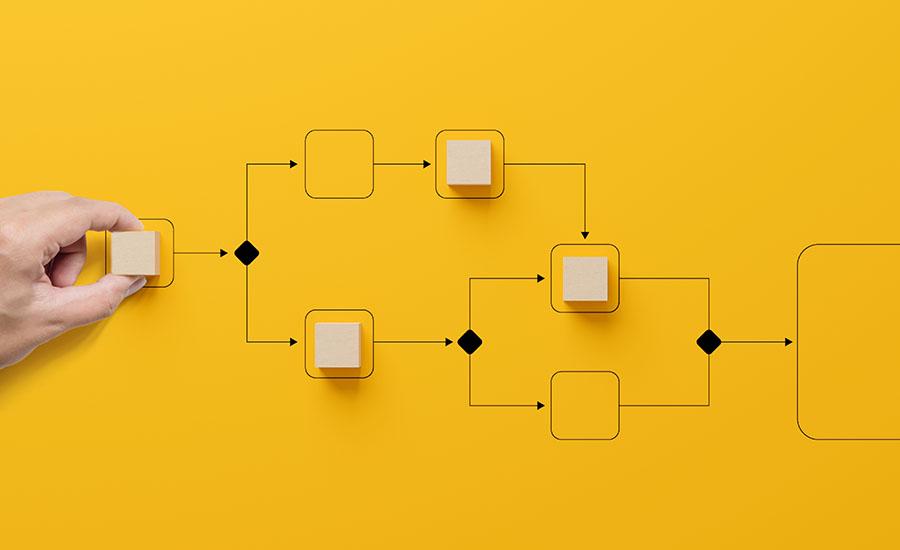
Grades:
6th Grade
This lesson takes place in a classroom over two weeks. Students may work in small groups of 2-3. Prior to the robotics challenge, teachers should facilitate student discussion through guided lessons

This lesson takes place in a classroom over two weeks. Students may work in small groups of 2-3. Prior to the robotics challenge, teachers should facilitate student discussion through guided lessons

In this lesson, students will create their own golden record that may travel throughout our solar system and beyond. The Golden Record acts as a time capsule and students collaborate which popular






